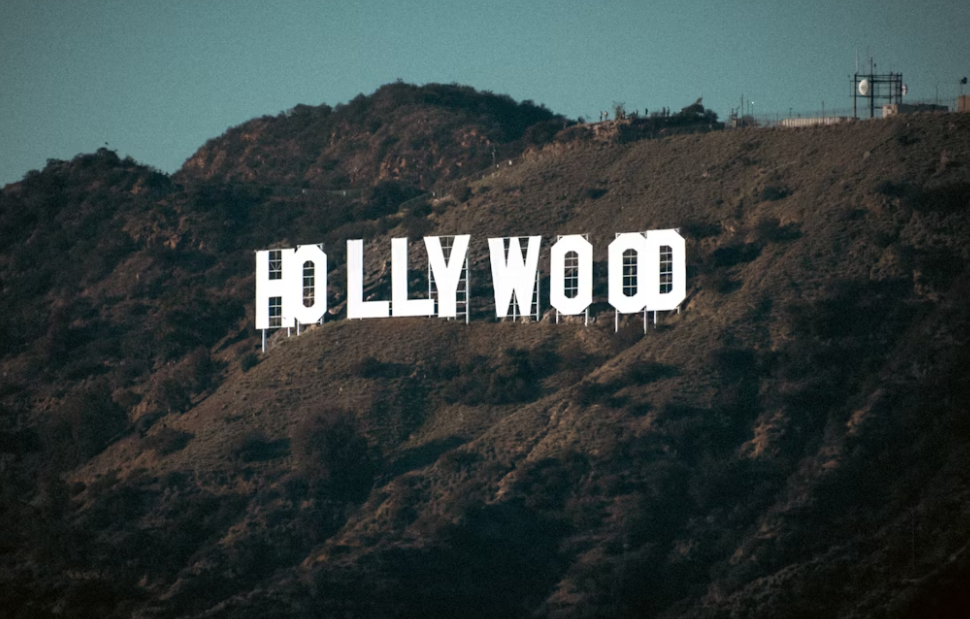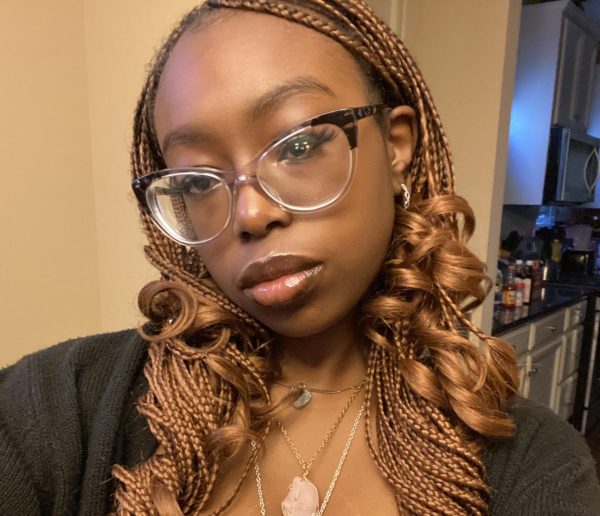In recent years, the media landscape has shifted dramatically, with an increase in sensitivity and restrictions over what is acceptable to show and say, and what isn’t. This rise in media sensitivity, which can be attributed to social movements and changing public values, has sparked intense debates over the boundaries of expression, the power of accountability, and the role of media shaping cultural narratives. However, as we become more aware of the importance of inclusivity and respect, where do we draw the line between necessary sensitivity and the stifling of free speech?
We saw this sudden shift begin in 2020, around the time of the COVID-19 lockdown. People were locked at home and had the internet as the only means of communication. The more people on the internet, the more opinions and views you see being shared.
Marginalized communities around the world have used the internet to spread the message about their causes to fight their oppression in their respective nations. This speaking out has also come with a rise of awareness about respecting those being oppressed, and watching what you say and how you say it. To help spread support for certain causes, celebrities sometimes use their platforms to share the message. This sometimes leads to backlash from both supporters and opposers alike, depending on how they phrase their message in their video, and sometimes, even the timing of when it’s posted.
Cancel culture is now a de facto power online, holding public figures to account for what they do and say. While originally designed to call out bad behavior, it has evolved into a complex system of public judgment where mistakes—past and present—are revived and can lead to severe backlash. Social media fuels those flames, and oftentimes. it is difficult for individuals to move beyond errors, regardless of their intent or progression. Some view cancel culture as being responsible for keeping individuals in line; but others see it as too harsh, with little apology or discussion.
Emerging alongside cancel culture has been the need for celebrities to speak out for actual-world crises. In today’s digital era, silence is generally interpreted as complicity, and nearly all public figures are under pressure to weigh in on political, social, and humanitarian crises. But this is a cross to bear—celebrities risk speaking out of turn, being poorly informed, or inciting outrage no matter what side they take. And yet, their platforms are incredibly influential, and when used well, can create mass coverage of issues that might otherwise be drowned out.
While celebrities can be a powerful and effective voice for those who are marginalized, it’s up to everyone else to say something. Social media gives every individual a platform to be heard, and harnessing that for the purpose of making your voice heard on topics you care about can bring real change. Raising awareness, offering resources, or engaging in meaningful conversation are all ways in which speaking out can educate and influence public discourse. While being aware and thoughtful is important, fear of retaliation should not silence individuals from speaking out about defending what they know is right. Change, after all, can only occur when individuals are willing to have difficult conversations and battle for reform.







































